Julian Assange to plead guilty in US case
Assange has boarded a plane after leaving jail, having reached a US plea deal that ended more than a decade holed up and imprisoned in London | FIRST VIDEO
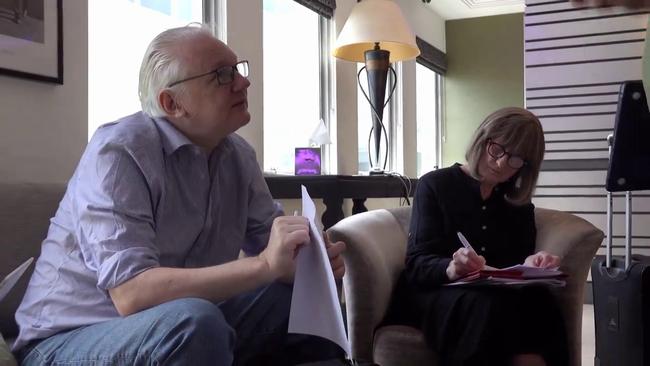
Julian Assange has boarded a plane out of the UK after leaving the maximum security prison he spent almost 2000 days in, as part of a US plea deal over espionage charges the WikiLeaks founder has pleaded guilty to.
Assange has spent more than a decade holed up and imprisoned in London, largely to avoid being sent to the US.
Assange is expected to plead guilty to a felony charge of conspiring to obtain and distribute classified information, according to a court document and people familiar with the matter, over the website’s publication of thousands of confidential US military records and diplomatic cables about America’s actions in Iraq and Afghanistan in the 2000s.
The plea is expected to take place on Wednesday morning in Saipan, a US territory in the western Pacific.
Assange is believed to be en route to Bangkok, from where he will head to Saipan, which is the largest of the Northern Mariana Islands and an estimated 18 hours flying time from Sydney.
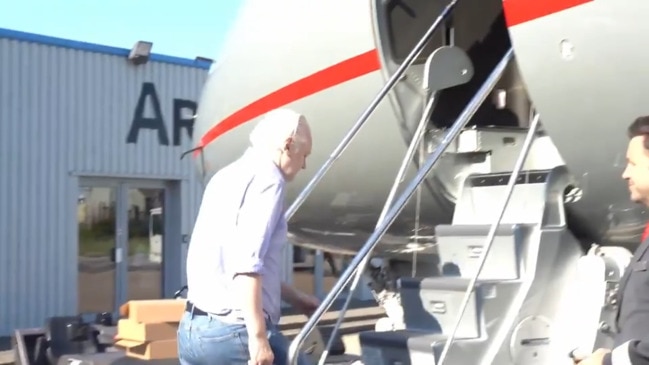
JULIAN ASSANGE IS FREE
— WikiLeaks (@wikileaks) June 24, 2024
Julian Assange is free. He left Belmarsh maximum security prison on the morning of 24 June, after having spent 1901 days there. He was granted bail by the High Court in London and was released at Stansted airport during the afternoon, where he boarded a…
He is expected to be sentenced to the 62 months he has already spent in a London prison, and be allowed to return to his native Australia after his sentencing, according to the people.
Prosecutors had been in talks with Assange to resolve the 2019 case, The Wall Street Journal reported in March, with one sticking point being Assange’s desire to never set foot in the United States.
To enter a felony plea, defendants generally have to show up in person in court.
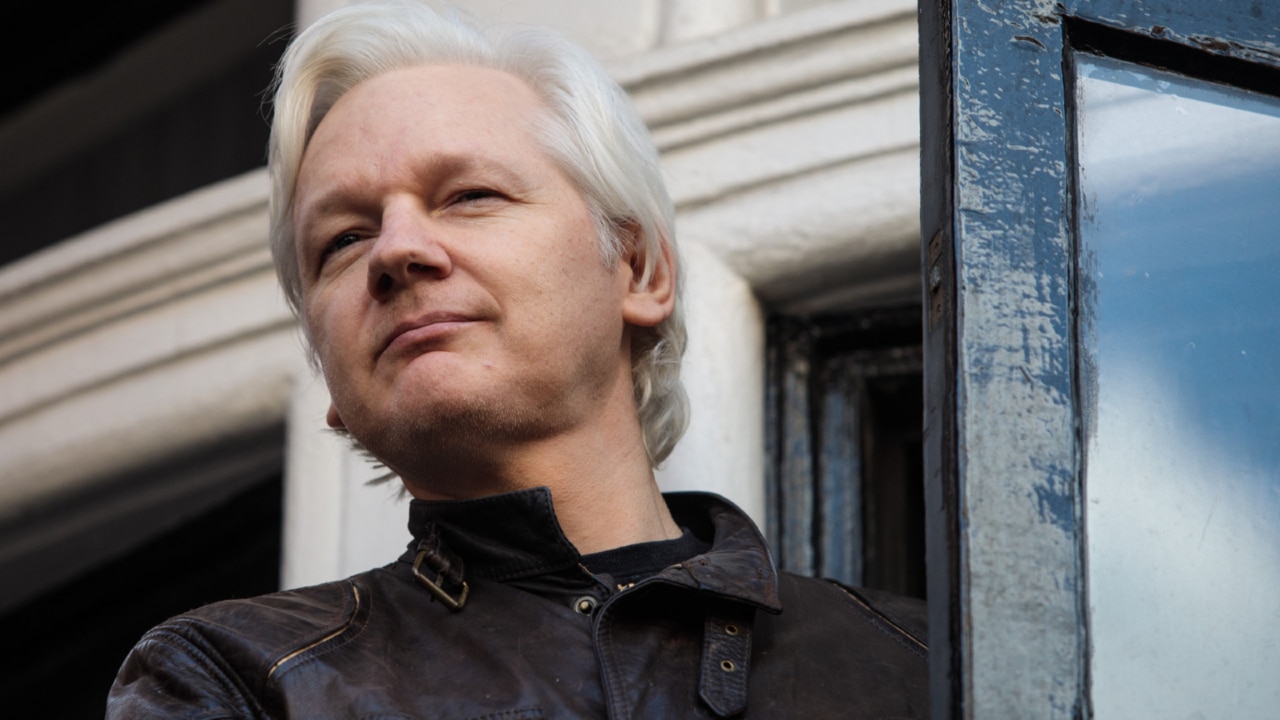
Assange’s team had floated the possibility of pleading guilty to a misdemeanour, the Journal reported, which would mean Assange could enter the plea remotely.
The Justice Department and Assange’s legal team reached a compromise under which Assange wouldn’t have to travel to suburban Virginia, where the original case is filed, and prosecutors could still get a felony plea, the people said.
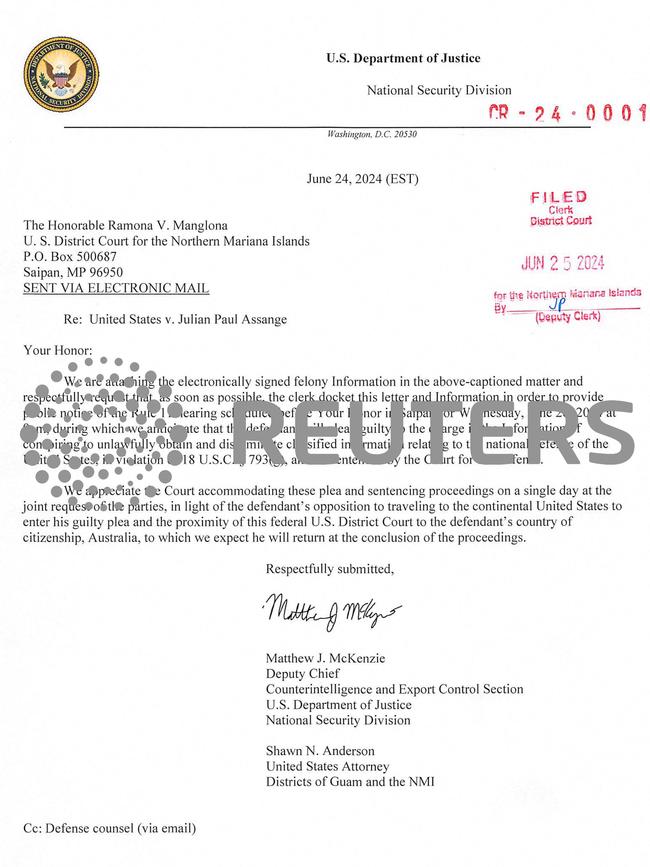
The plea deal offers a neat solution to what was becoming an increasing political headache for the US government.
Earlier this year, Australian Prime Minister Anthony Albanese said he hoped the US could find a way to conclude the case against Assange, and lawmakers there passed a motion calling for Assange to be allowed to return to his native home. German Chancellor Olaf Scholz has also weighed in, saying that the British courts should not extradite Assange to the US.
In February, the United Nations special rapporteur on torture, Alice Jill Edwards, said Assange shouldn’t be extradited to the US to face trial, saying he suffered from “depressive disorder” and was at risk of being placed in solitary confinement.
Julian Assange boards flight at London Stansted Airport at 5PM (BST) Monday June 24th. This is for everyone who worked for his freedom: thank you.#FreedJulianAssangepic.twitter.com/Pqp5pBAhSQ
— WikiLeaks (@wikileaks) June 25, 2024
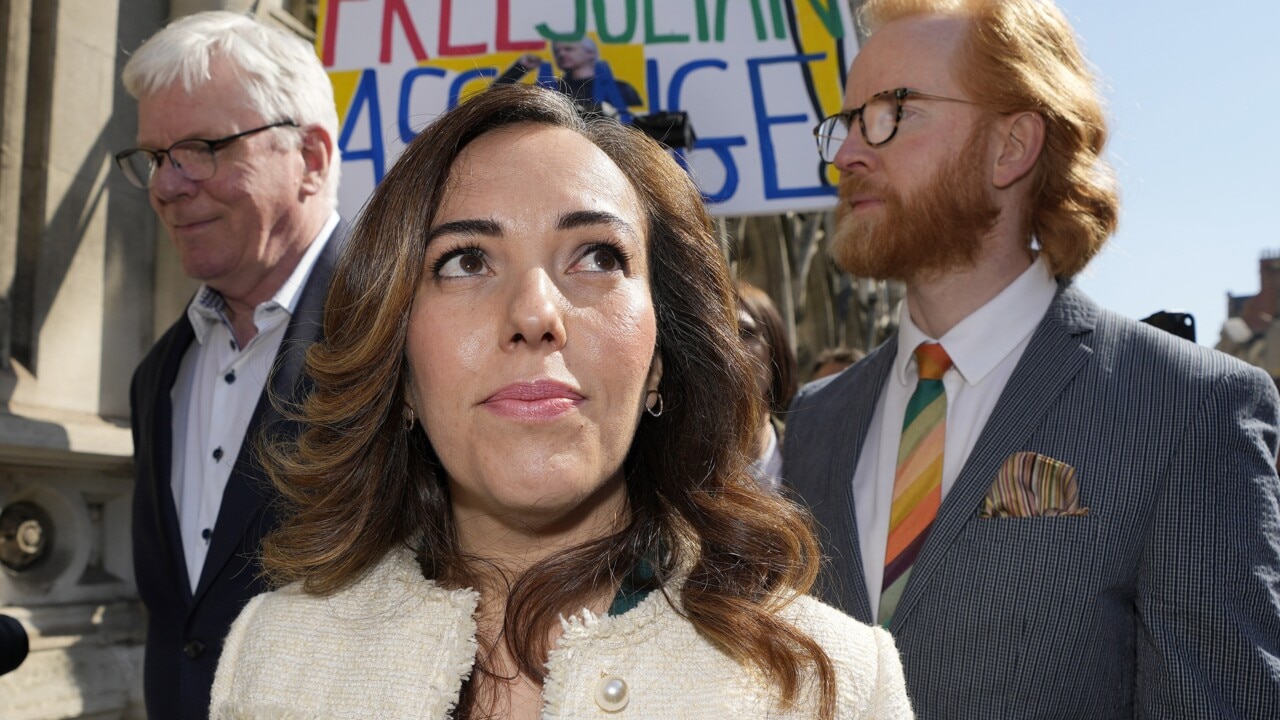
“Politically he is in a much better position than he was six months ago,” says Stella Assange, Julian Assange’s wife, during an interview with the Journal last month. Stella Assange hinted that their family was willing to accept a plea deal to get him out of a British high security prison where she said he is suffering health issues and lives in a cell alone.
“As his wife and the mother of his children … I want him to be free,” she said.
Assange’s mother, Christine Ann Hawkins, hailed the “quiet diplomacy” that helped secure her son’s freedom, and said she was “grateful” his ordeal was over.
The 73-year-old, through an advocate, provided a statement to Sky News.
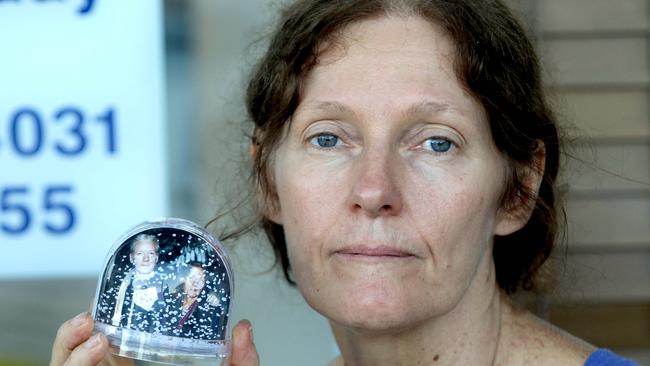
“I am grateful that my son’s ordeal is finally coming to an end,” the statement said, which was read on air.
“This shows the importance and power of quiet diplomacy.
“Many have used my son’s situation to push their own agendas, so I’m grateful to those unseen, hard working people who put Julian’s welfare first.
“The past 14 years has obviously taken a toll on me as a mother, so I wish to thank you in advance for respecting my privacy.”
Assange’s legal drama began around 2010, when WikiLeaks released a huge trove of classified documents that presented a bleak view of America’s actions in two wars. The website collaborated with top media organisations, and for years, Assange revelled in his status as a proponent of radical government transparency.
The public perception of him soured after the 2016 election, when WikiLeaks published tens of thousands of documents the US says were stolen from Democrats by Russian government hackers. Former President Donald Trump’s first CIA director, Mike Pompeo, called the website a “nonstate hostile intelligence service”.
US prosecutors later charged Assange in connection with the Iraq and Afghanistan leaks, accusing him of conspiring to help former US Army intelligence analyst Chelsea Manning break into a Defense Department computer system by trying to help her crack a password. They added charges under a US espionage law, leaving him to face 18 counts of conspiring to disclose classified information and hack a military computer.
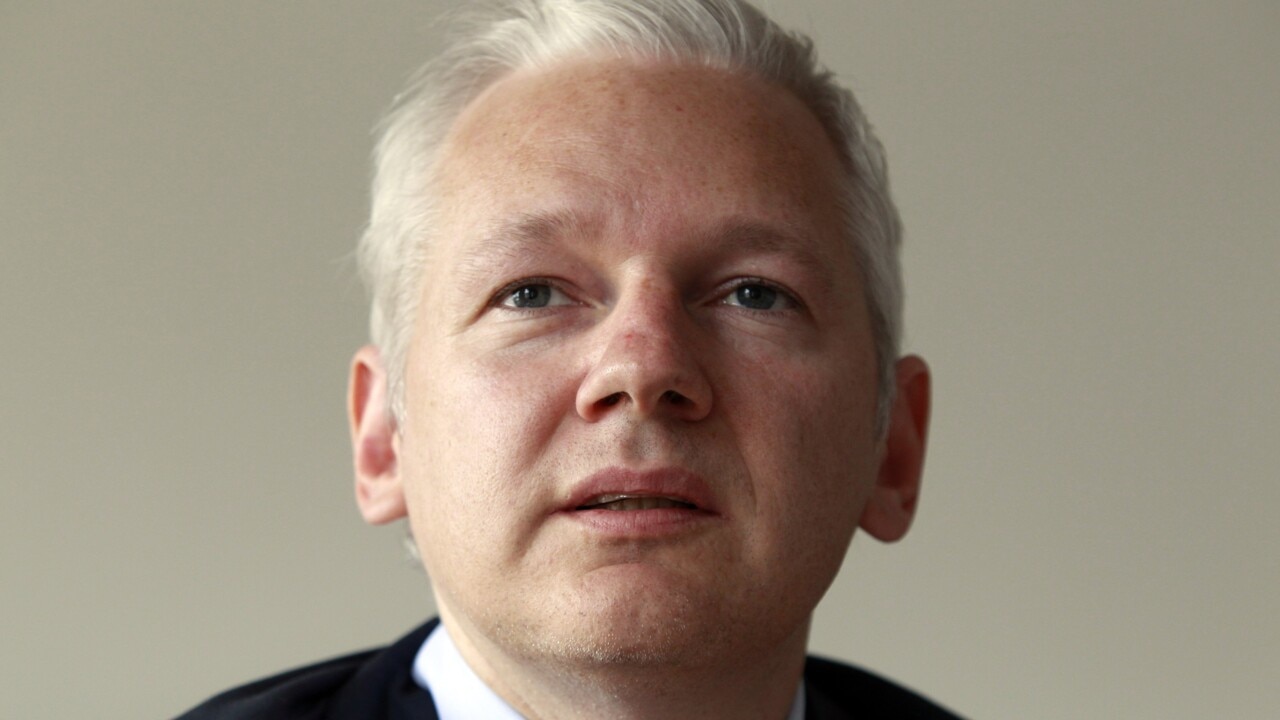
Assange’s lawyers had argued that he merely published information given to him, much as a journalist would, and so shouldn’t face punishment. The press’s right to publish is generally protected by the First Amendment.
Manning was convicted of leaking government secrets and served seven years in prison.
Trump-era Justice Department officials who charged Assange sought to differentiate his work from journalism because they alleged Assange solicited the classified material and knew its publication would jeopardise lives.
The Obama administration also considered charging him but declined because of concerns about how it could affect conventional journalism.
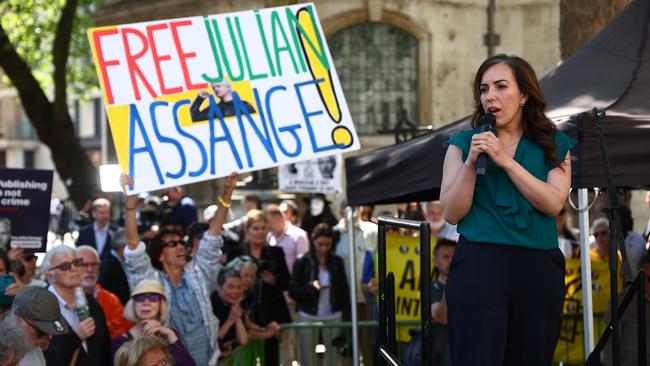
In the Biden administration, officials struggled with how to proceed, given some parallels between his work and that of the press, and the passage of time, which would likely mean he had already essentially served any sentence he might get after being convicted in a trial.
Assange has fought a winding, and at times surreal, campaign to avoid a US trial. He was initially dogged by allegations of rape in Sweden in 2010. He sought asylum in the Ecuadorean Embassy in London in 2012 and stayed there for years, fathering two children and hosting guests including actress and model Pamela Anderson and pop star Lady Gaga.
The Swedish rape investigation was eventually dropped.
Assange outstayed his welcome in the cramped Ecuadorean Embassy, where he angered officials by not cleaning up after his cat, skateboarding in the hallway and allegedly leaking personal information about Ecuador’s president to a rival. The US and U.K. governments also applied pressure on Ecuador to evict Assange.

After being kicked out of the embassy, Assange was promptly jailed in London. A British judge ruled Assange had a history of evading justice and so should be kept in Belmarsh prison awaiting decision on his US extradition.
In January 2021, a British judge ruled Assange should not be extradited, saying his mental health meant he would be at risk of suicide if convicted and held in a maximum-security prison.
But that decision was overturned after an appeal by US authorities, who gave a package of assurances, including a pledge he could be transferred to Australia to serve any sentence. British judges then ruled in March that he couldn’t immediately be extradited to the US to face the charges, which was expected to further prolong his appeals.
– Max Colchester contributed to this article.
The Wall Street Journal

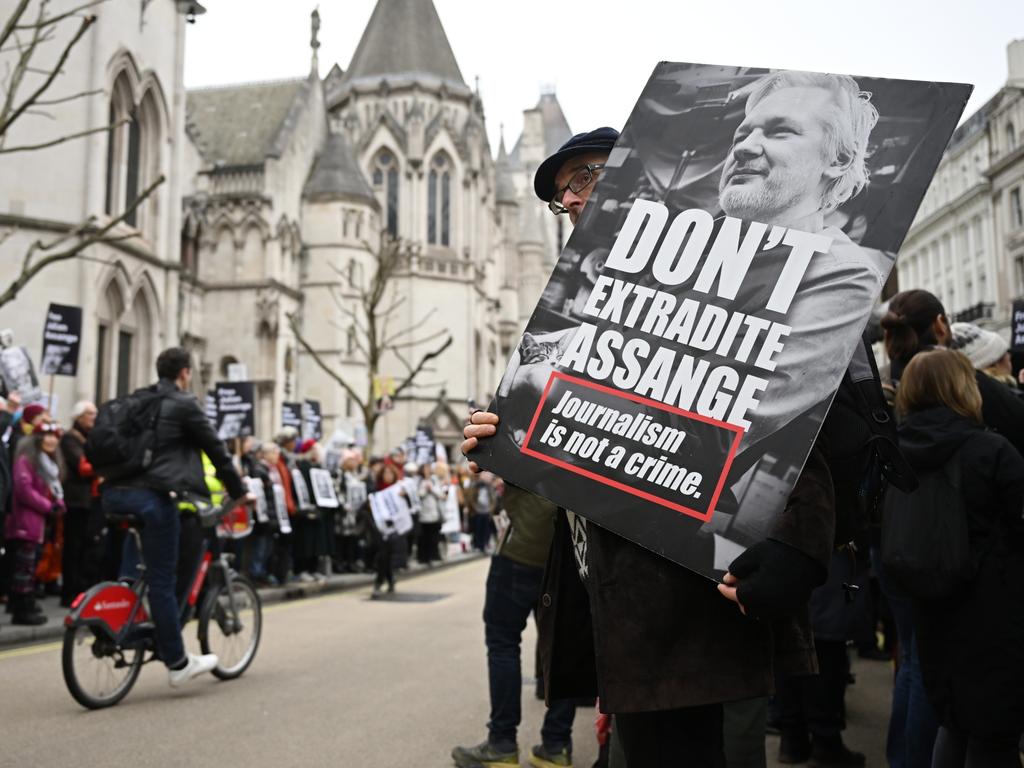



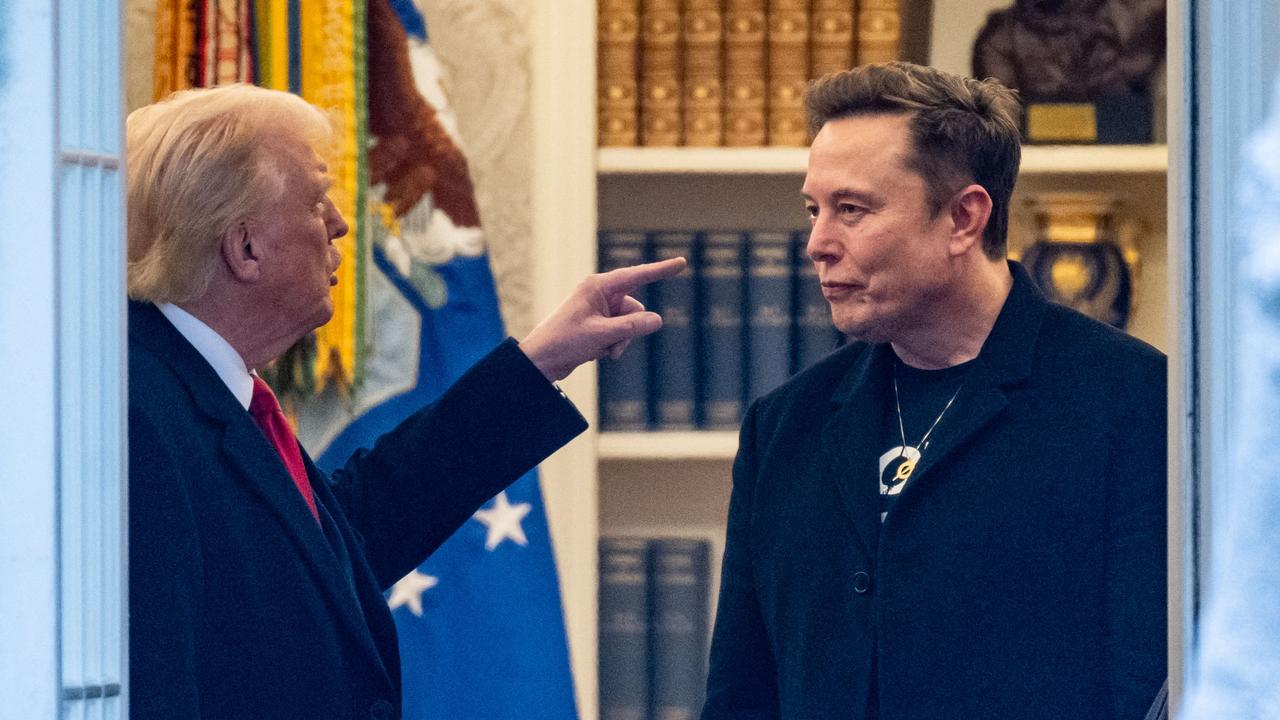

To join the conversation, please log in. Don't have an account? Register
Join the conversation, you are commenting as Logout